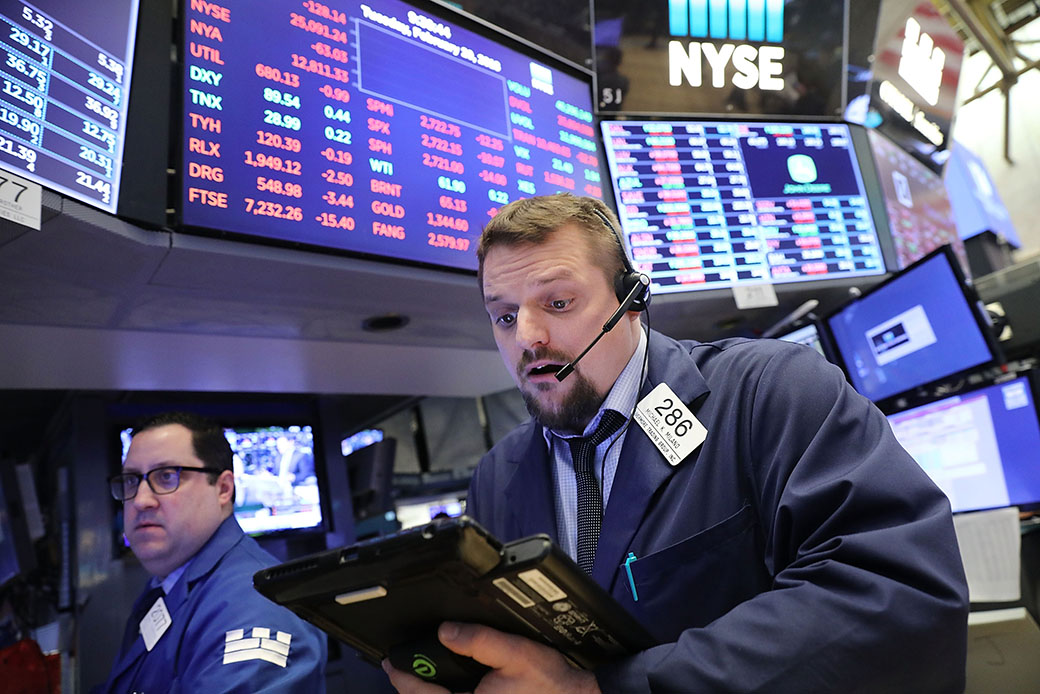g5000
Diamond Member
- Nov 26, 2011
- 125,276
- 68,984
Clinton was in favor of GLB. He admitted after the 2008 crash he had made a mistake deregulating Wall Street and derivatives.You have no issue with the republicans that created and introduced the bill?
The final version of the Gramm-Leach-Bliley Act passed the House by a vote of 362-57 and the Senate by a vote of 90-8. This made the bill "veto proof", meaning that if Clinton had decided to veto, the bill would have been passed anyways.
Fact Check: Did Bill Clinton Repeal the Glass-Steagall Act?
He did not sign GLB and CMFA because he thought a veto would be overriden. He signed because he approved.
Look who his Treasury Secretary was when GLB and CFMA were enacted.

